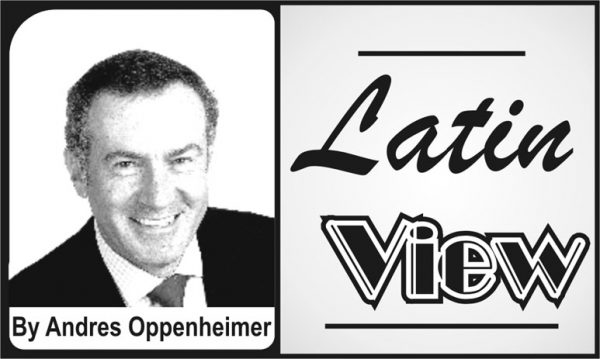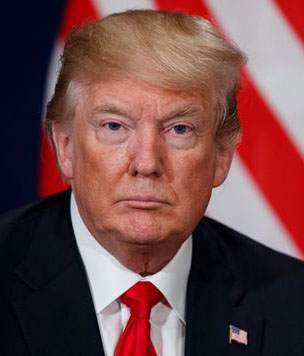
From what I hear from diplomatic sources, there is total chaos in the Trump administration’s foreign-policy apparatus. It’s by no means clear that, despite its claims to the contrary, that the administration knows what to do next in Venezuela.
And without a clear follow-up plan to topple illegitimate President Nicolás Maduro, who blatantly rigged the 2018 elections, the new U.S. sanctions could actually help Maduro cling to power. That’s what happened in Cuba, where a U.S. embargo without international backing accelerated the island’s mass migration and gave the dictatorship an excuse to play the victim, allowing it to cling to power indefinitely.
Without a strong follow-up strategy, Trump’s latest economic sanctions against Venezuela could end up being a fiasco:
First, Trump’s quasi-embargo may splinter Vene-zuela’s fragile opposition coalition led by National Assembly President Juan Guaidó.
The economic sanctions — which do not amount to a full economic embargo, because they allow private sector business transactions — are much more popular among Venezuelan exiles than among people living in Venezuela. That may lead some opposition parties to distance themselves from Guaidó, who has endorsed the U.S. measures, and weaken the opposition front.
Second, the U.S. sanctions are already being criticized by the European Union and the United Nations, which will give Maduro new ammunition for his false claims that Venezuela’s debacle was caused by U.S. sanctions. Cuba has been using that narrative for decades and still finds people willing to buy it.
In fact, as a recent Brookings Institution study show-ed, Venezuela’s humanitarian catastrophe was entirely caused by the Hugo Chávez and Maduro regimes’ disastrous policies, corruption and ineptitude. Venezuela’s economy had collapsed long before the United States started to impose gradual economic sanctions in 2017.
Third, Maduro may get enough support from Russia, China and the drug cartels to cling to power indefinitely. Venezuela’s humanitarian crisis could worsen, but Maduro might not mind. On the contrary, he may be convinced that a greater economic collapse will help him get rid of another 2 million or 3 million disaffected Venezuelans who will flee the country. That would leave him with a more docile and easy-to-control population.
Fourth, disarray within the Trump administration may prevent it from mapping an effective strategy to oust Maduro. Administration officials say privately that U.S. military intervention in Venezuela is unlikely, but they don’t say what else they could do.
One of the few things on which supporters and critics of the latest U.S. sanctions agree is that the Trump administration is improvising its Venezuela policy on a daily basis.
The sudden Aug. 7 resignation of Kimberly Breier — until then the top State Department official in charge of Latin American affairs — is only the latest personnel change in the area. She had been on the job less than 10 months.
“To characterize Trump’s Venezuela policy as disarray would be charitable,” tweeted Mark Feierstein, former Obama White House Latin American affairs adviser. Just in recent days, top administration officials have said different things on whether the latest U.S. sanctions are an “embargo,” and on whether they support Norway-brokered talks between Maduro and the opposition, he noted.
Roger Noriega, a conservative hard-liner who served as State Department head of Latin American affairs under President George W. Bush, agrees that there has been “incoherence” in the Trump administration’s policy-making on Venezuela.
“It’s important that we get our act together, because it’s a muddled mess, and we own this problem now,” Noriega told me.
The Trump administration deserves credit for trying to restore democracy in Venezuela, even if it’s motivated by domestic politics — winning over Cuban-American and Venezuelan-American voters in Florida — and despite its cruelty in denying Temporary Protection Status (TPS) to Venezuelan exiles in the United States.
But without a follow-up strategy, Trump may only help accelerate Venezuelans’ exodus. The follow-up strategy should be offering the European Union, Russia and China to withdraw the latest U.S. sanctions in exchange for a serious international effort to hold free elections in Venezuela.
